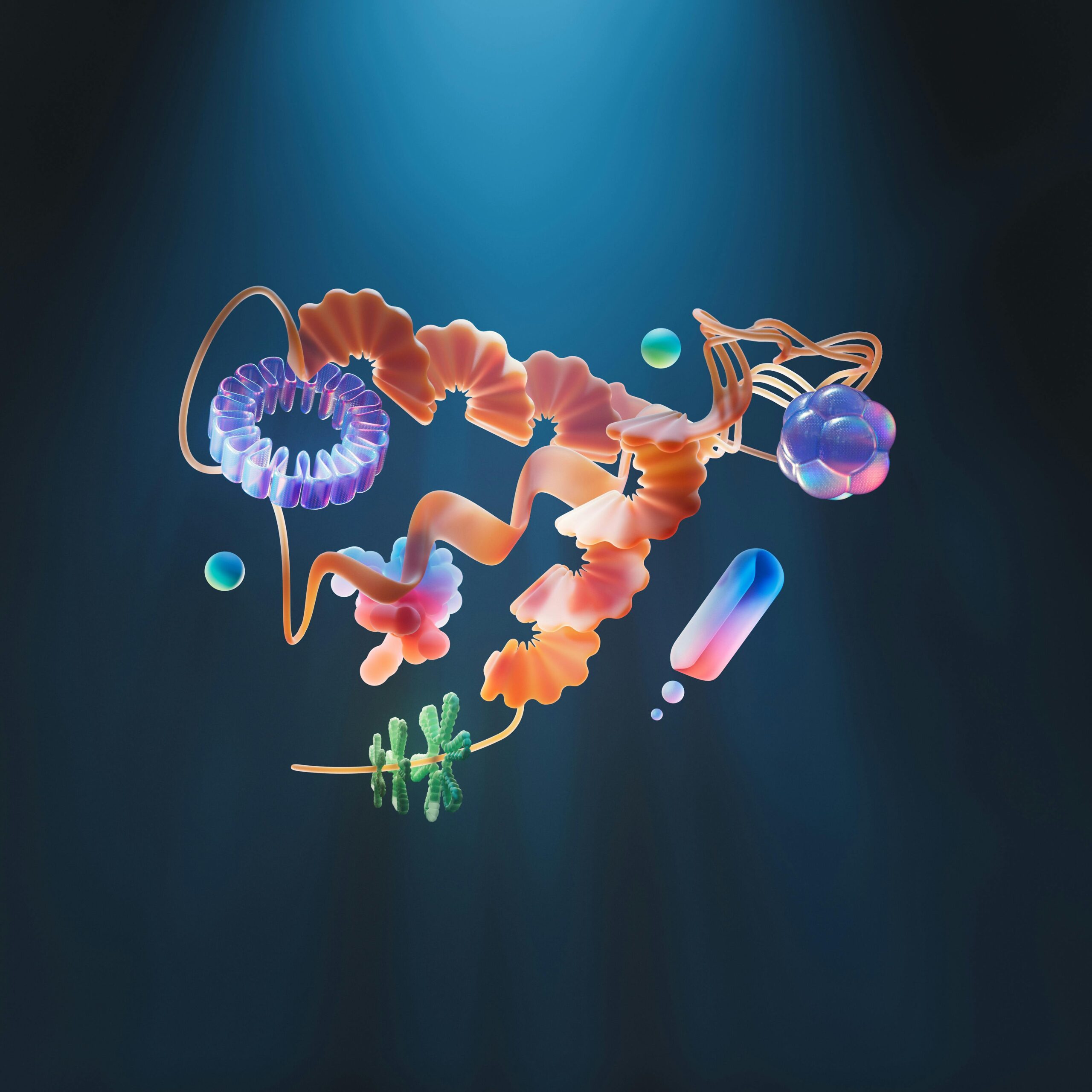The Calcium Paradox
For decades, we’ve been told that calcium is essential for strong bones and that we should consume more of it—especially as we age. But there’s a paradox: populations with the highest calcium intake also have some of the highest rates of osteoporosis and heart disease.
This contradiction is what Dr. Kate Rhéaume-Bleue calls “The Calcium Paradox”—a scenario in which calcium, instead of strengthening bones, ends up hardening arteries and accumulating in soft tissues, increasing the risk of heart attacks, kidney stones, and other issues.
Her answer to this paradox? Vitamin K2, an often-overlooked nutrient that plays a critical role in directing calcium to the right places in the body.
What Is Vitamin K2?
Unlike Vitamin K1 (which aids in blood clotting and is found in leafy greens), Vitamin K2 (menaquinone) helps regulate where calcium ends up in the body.
K2 activates two essential proteins:
- Osteocalcin, which binds calcium to bones and teeth.
- Matrix Gla Protein (MGP), which prevents calcium from depositing in arteries and soft tissues.
Without sufficient K2, calcium may not reach the bones and could instead accumulate in arteries—increasing cardiovascular risk despite efforts to prevent it with calcium supplements.
Where Has K2 Been Hiding?
Vitamin K2 is scarce in modern diets. It’s found in:
- Natto (a Japanese fermented soybean dish – the richest known source)
- Certain aged cheeses (especially Gouda and Brie)
- Organ meats, particularly goose liver
- Grass-fed animal products and fermented foods
Modern Western diets, especially those reliant on factory-farmed and processed foods, are often deficient in K2, contributing to widespread health issues that are rarely connected to this deficiency.
The Relationship Between K2, Vitamin D, and Calcium
One of the book’s central messages is that Vitamin D and calcium supplementation without K2 can be harmful.
- Vitamin D increases calcium absorption in the intestines.
- Calcium provides the raw material for bones.
- But without K2, that calcium may not be directed properly, leading to arterial calcification instead of improved bone density.
Dr. Rhéaume-Bleue argues that K2 is the missing link that allows Vitamin D and calcium to work safely and effectively.
K2 and Cardiovascular Disease
Numerous studies cited in the book connect K2 intake with reduced arterial calcification and cardiovascular disease.
The Rotterdam Study, one of the largest and longest-running studies on aging, found that people with the highest K2 intake had a 50% reduced risk of arterial calcification and heart disease.
Unlike statins or blood pressure medications, which treat symptoms, K2 addresses a root cause of cardiovascular disease by keeping arteries supple and free of calcium buildup.
K2 and Bone Health
K2 is also a game-changer for osteoporosis prevention and treatment.
Dr. Rhéaume-Bleue highlights studies where K2 supplementation has:
- Increased bone density
- Reduced fractures in elderly women
- Improved bone mineral content in those with low bone mass
This is especially important for postmenopausal women and aging adults who often take calcium and Vitamin D but still suffer fractures—a classic sign of the Calcium Paradox.
Dental Health and Weston A. Price
The book also pays homage to the work of Dr. Weston A. Price, a dentist who in the early 20th century traveled the world studying traditional diets and their effects on dental and facial health.
Price discovered a mysterious nutrient he called “Activator X”, which he believed was responsible for the excellent bone and dental health in traditional societies. Rhéaume-Bleue presents compelling evidence that Activator X was actually Vitamin K2.
Who Needs K2? (Hint: Almost Everyone)
Dr. Rhéaume-Bleue argues that almost everyone can benefit from K2, especially:
- People taking calcium and/or Vitamin D supplements
- Anyone with a family history of osteoporosis or heart disease
- Individuals with dental decay or gum disease
- Postmenopausal women
- People with arterial plaque, high blood pressure, or calcified heart valves
- Those who consume little to no fermented food or organ meats
Supplementation: How Much and What Kind?
There are different forms of K2, the most well-known being:
- MK-4: Found in animal foods, has a short half-life, and is often used in higher doses (45 mg/day in Japanese studies).
- MK-7: Found in natto, has a longer half-life, and works effectively in lower doses (90–200 mcg/day).
Dr. Rhéaume-Bleue recommends MK-7 for most people, especially those new to supplementation, and emphasizes consistency in dosing to see long-term benefits.
Vitamin K2 Is Safe (With One Exception)
For most people, Vitamin K2 is extremely safe. However, people on blood thinners like warfarin (Coumadin) should not take K2 without medical supervision, as it can interfere with their medication.
Otherwise, side effects are rare and the vitamin is well tolerated even in large doses.
Conclusion: Don’t Let Calcium Turn Against You
Vitamin K2 and the Calcium Paradox sheds light on a critical but often ignored piece of the health puzzle. Dr. Kate Rhéaume-Bleue combines compelling research, clinical insight, and historical context to present a clear, actionable argument: Without Vitamin K2, calcium can do more harm than good.
In a world where heart disease and osteoporosis remain leading causes of suffering, this book offers a simple, natural, and safe strategy to prevent disease, improve vitality, and age well. Whether you’re supplementing, optimizing your diet, or just learning about nutritional synergy, Vitamin K2 deserves a place in your conversation—and your cabinet.



